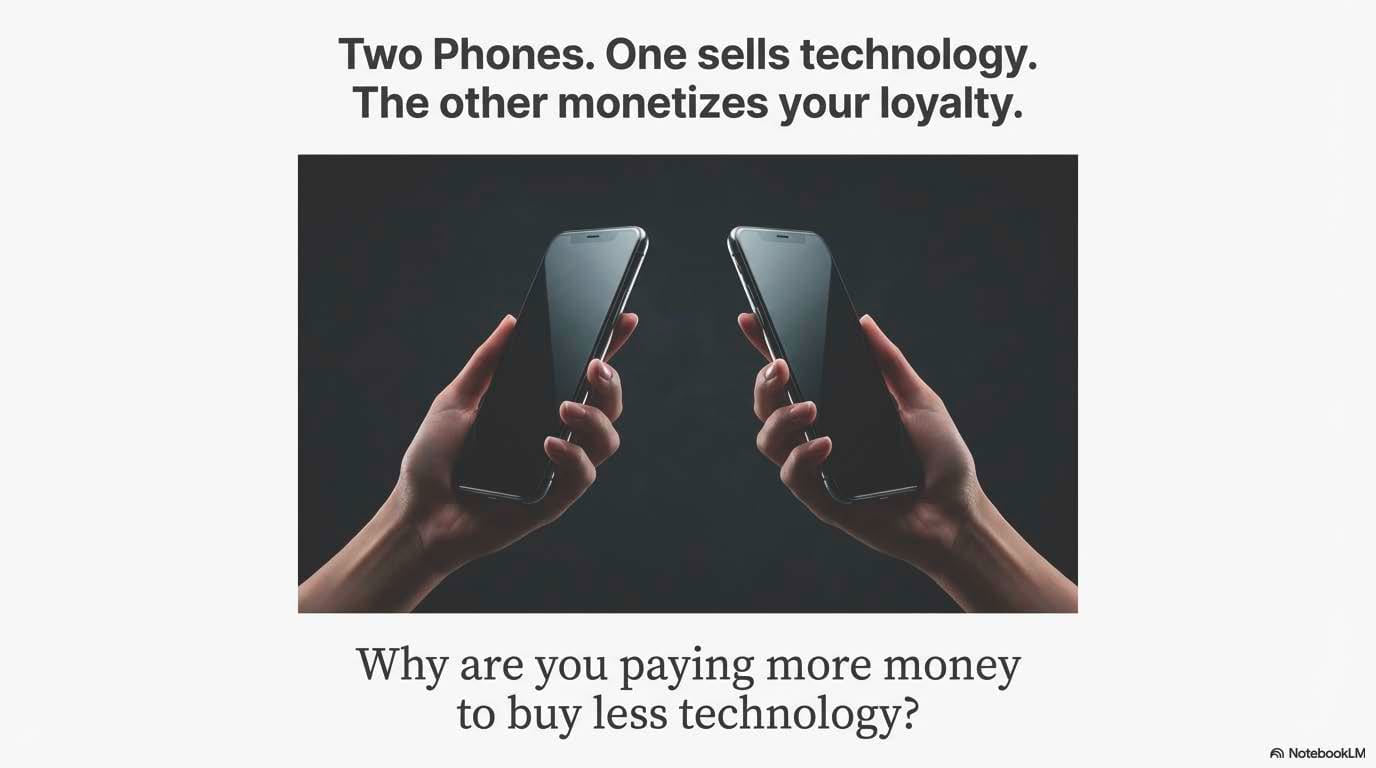When you walk into a New York City public school, you’ll see the teachers, sure, but look closer. Who’s that quietly helping a student understand a tricky math problem? Or calming a child having a tough moment? Who’s translating for a parent during a meeting, making sure everyone feels heard? Chances are, that’s a paraprofessional. These folks are the unsung heroes of our school system, wearing more hats than you can count, and honestly, they’re the glue that holds so much together.
🔑 Key Takeaways
The RESPECT check bill has been stalled by NYC Council, despite having a super-majority of support from council members.
Adrienne Adams also cut $2 million from the UFT Teacher Center in what many believe is retaliation against paraprofessionals speaking out—directly impacting training and support services for school staff.
Paraprofessionals in NYC earn roughly $30,000 annually, while top city officials earn more than four times that amount—highlighting the stark income disparity in public education.
The RESPECT check is not a bonus—it’s a correction to decades of undervaluing the essential work paraprofessionals do in schools every day.
A hearing date has been set for December 19, signaling progress, but many believe this delay is unnecessary and politically motivated.
The RESPECT check is just the beginning—a vital first step toward ensuring fair, sustainable compensation and respect for paraprofessionals citywide.
Despite setbacks, the movement continues, with paraprofessionals, educators, and allies committed to pushing until justice is achieved.
The Everyday Superheroes: What Do Paras Even Do?

Paraprofessionals, or “paras” as they’re often called, are vital to the smooth running of our NYC schools. They’re like the ultimate multi-taskers, doing everything from offering instructional support to individual students or small groups, especially those with special needs, to assisting with behavior management. You might find them helping a student with a specific learning disability, guiding a child through daily living skills like getting dressed, or even providing language assistance to our many bilingual students. They’re also pitching in with administrative tasks, helping teachers set up classrooms and prepare materials. Essentially, they create a safe, supportive environment where every student, no matter their background or challenges, can really thrive. Talk about making a difference, right?
They’re not just teacher aides; they’re confidantes, motivators, and essential bridges between students, families, and the school. Imagine a classroom without them—it’s tough to picture, especially when you consider how many students rely on their dedicated support.
The Elephant in the Room: The Struggle for Fairness
Here’s the rub: despite how absolutely crucial paraprofessionals are, they’re facing some serious uphill battles. The biggest one? Their pay. We’re talking about folks in NYC, one of the most expensive cities on the planet, making around $30,000 a year. Seriously, how do you make that work when you’re dedicated to a job that demands so much?
This low pay leads to a cascade of problems. For starters, it’s incredibly difficult to recruit and keep talented paraprofessionals. Who can afford to stay in New York on those wages? It often means they’re working two or three jobs just to keep their heads above water, which, let’s be real, is exhausting and takes away from their ability to fully commit to their school roles. This isn’t about wanting a handout; it’s about simple dignity and the ability to live a sustainable life. They just want the same professional respect and financial recognition that other education staff receive. The current situation creates a shortage of these crucial individuals, which, in turn, has “devastating consequences” for our students, particularly those with disabilities who need that specialized attention. It’s a vicious cycle, and frankly, it feels like a slap in the face to their tireless efforts.
Political Games and a Pushback
Our current situation, as laid out in the UFT email, feels particularly frustrating. The “RESPECT check” bill, which aims to address this long-standing pay imbalance, has been stalled by City Council. And to add insult to injury, she apparently cut $2 million in funding for the UFT Teacher Center. This isn’t just about money; it’s about a direct undermining of the people who are literally on the front lines every day. The Teacher Center provides vital professional development and resources, so cutting its funding really hurts the entire educational community, not just the paras.
But here’s the good news, and you gotta love the resilience: the union isn’t backing down. They’ve finally secured a hearing date for December 19th. Yeah, that feels like a long way off, doesn’t it? But it’s a sign that the pressure is working, and this bill can’t just be swept under the rug forever. It’s a testament to the power of collective action, much like the fights for paid parental leave and smaller class sizes that the UFT has won in the past.
A New Hope on the Horizon?

Now, let’s talk about solutions, because that’s what we’re really after, right? This is where new mayoral candidate Zohran Mamdani enters the picture. His platform, it seems, zeroes in on equity and public investment, which is exactly what our paraprofessionals need.
Mamdani has been pretty vocal about addressing child poverty and homelessness, understanding that these issues are deeply tied to student success. What’s even more relevant for our paras is his focus on improving services for students with disabilities, and guess what? He’s openly suggested boosting wages for paraprofessionals to tackle the current staffing shortages. This isn’t just a side note for him; it’s a critical component of reducing class sizes and ensuring truly inclusive classrooms. He even mentioned cutting back on consultant contracts within the Department of Education to redirect those funds straight into schools – imagine that! More money for the people who actually do the work.
He’s also keen on a “new deal” for the CUNY system, pushing for tuition-free education and better staff pay, and he’s spoken about comprehensive after-school programs and mental health services. It’s a holistic vision, really, where investing in our school staff, like paraprofessionals, isn’t just about paying them fairly, but about creating a stronger, more supportive educational environment for everyone.
So, while the fight for the “RESPECT check” continues, and December 19th feels like a lifetime away, there’s a flicker of hope. With dedicated union leadership, the unwavering spirit of paraprofessionals themselves, and mayoral candidates like Zohran Mamdani who seem to genuinely grasp the importance of fair wages for these essential workers, maybe, just maybe, that long-overdue respect will finally become a reality. We’re not asking for the moon; we’re just asking for what’s fair. And we won’t stop until we get it.










